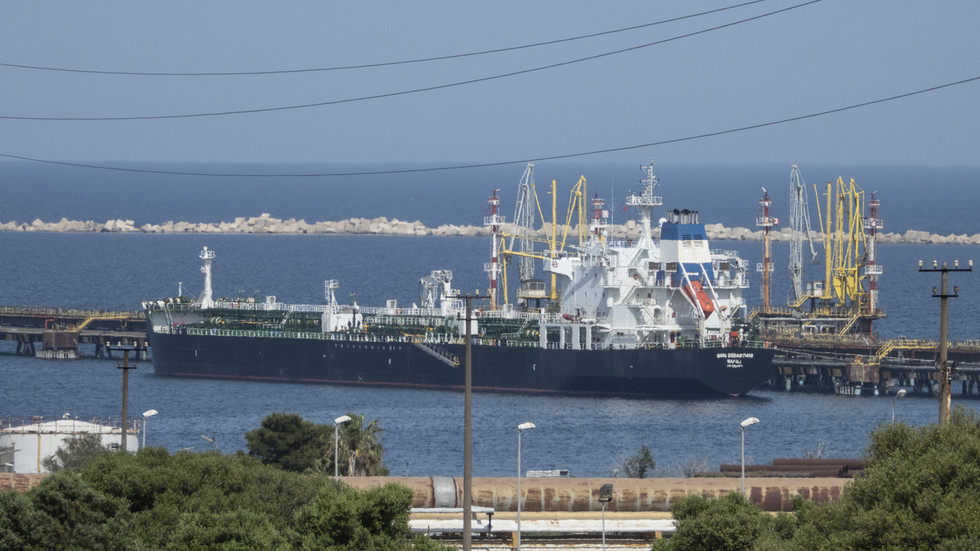
The Treasury Department has released new guidelines for service providers involved in the Russian oil trade
© AP / Gaetano Adriano Pulvirenti
The US government has issued new rules for companies involved in the Russian oil trade, shipping and insurance, insisting they will face penalties unless they comply with an upcoming Western price ceiling intended to slash Moscow’s energy revenues.
Published on Tuesday, the Treasury Department policy guidance said American service providers will be permitted to continue dealing in Russian oil only if it is “purchased at or below the price cap” the exact level of which is yet to be decided. The department claimed the cap, set to take effect on December 5, aims to “maintain a reliable supply of oil to the global market” while penalizing Russia for the conflict in Ukraine.
The new guidelines apply to companies across several related industries, including shipping, commodities trading, finance, insurance, flagging and customs brokering. Those found violating the price ceiling scheme could face penalties from the Office of Foreign Assets Control. The guidance clarifies that service providers will not be penalized if the oil is shipped prior to the deadline and reaches its destination by January 19.
American providers will also be banned outright from importing Russian oil into the United States – a decision made earlier this year, prior to discussions of a price ceiling. An EU ban on seaborne Russian oil imports is also scheduled for December 5.
A senior Treasury official told reporters that Washington expects other countries in the so-called ‘Price Cap Coalition’, formed by the United States, G7 nations, the European Union and Australia, to issue similar rules in the coming days, joining the US and the United Kingdom, which already published its own guidance on Monday.
Moscow has repeatedly warned it will simply stop doing business with those complying with the scheme, insisting prices cannot be set by Western dictates.
“The price should be formed by the market based on the balance of supply and demand… This is a bad precedent that could at any moment be extended to other suppliers, to all global trade,” Russian Deputy Prime Minister Aleksandr Novak warned last month.
READ MORE:
US sets conditions for India to buy Russian oil
Some major buyers of Russian oil, such as India and China, have refused to abide by the scheme, and have recently boosted energy imports despite pressure from the US to sever economic ties with Moscow. The overall effect of the upcoming price ceiling remains to be seen, as new alternative customers and foreign insurers, as well as Russia’s own large fleet of tankers, could help it to sidestep the cap and ultimately reduce reliance on Western buyers.

